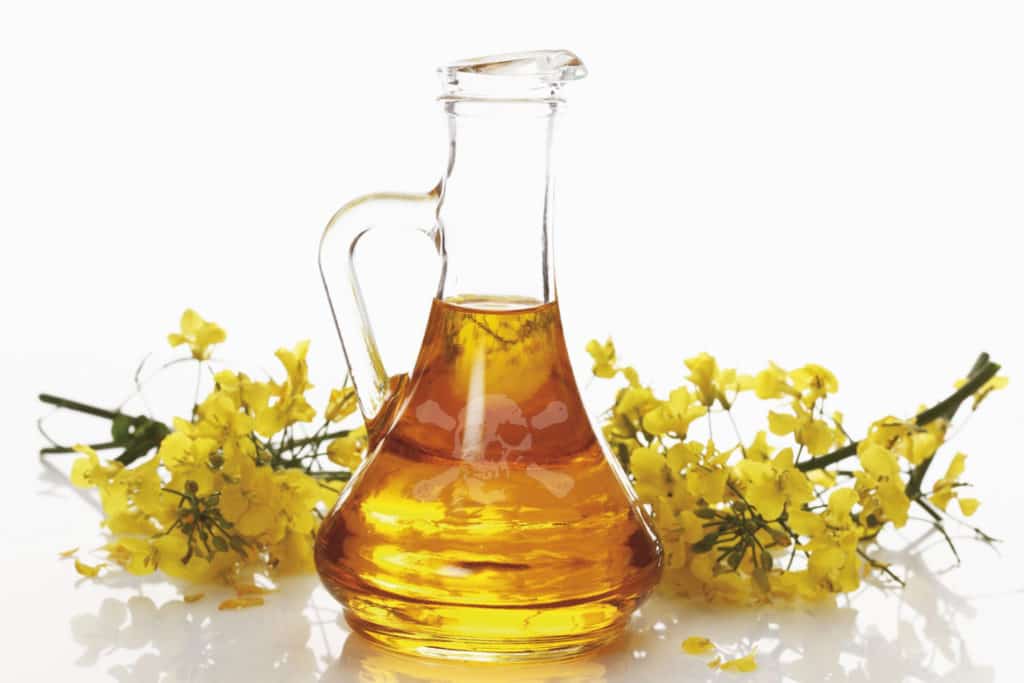If canola oil is so safe, why do food scientists spend so much time trying to make it more stable?
Much of the world’s perception around fats and oils is based upon how the particular oil influences a population’s cholesterol level. While that model in itself is highly flawed, there are, of course, even more important parameters when it comes to choosing daily cooking oils or ingredients in recipes. Canola, formerly rapeseed, oil is cheap, industrially-produced oil that is very high in its polyunsaturated fat content. This characteristic makes it less stable – not solely in cooking or food processing applications, but more importantly, in the human body, where it is incorporated into our mitochondrial and cell membranes.
While olive oil has stood the test of time, and butter and coconut oil slowly become vindicated of any wrong doing with respect to human health, canola oil and other PUFA-rich oils continue to be the food industry’s go-to ingredient. Publicly, food companies defend canola oil, whether GMO or not, as a great way to lower your cholesterol. Privately, however, the industry funds research like this to make it behave more like a saturated fat. Why wouldn’t they just use olive oil? We are pleased that we do.
~ John Bagnulo MPH, PhD.
Reference:
Rudzińska M, Hassanein MMM, Abdel–Razek AG, Ratusz K, Siger A. Blends of rapeseed oil with black cumin and rice bran oils for increasing the oxidative stability. Journal of Food Science and Technology. 2016;53(2):1055-1062. doi:10.1007/s13197-015-2140-5.
